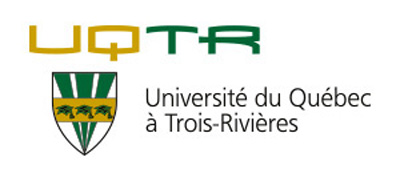Related projects
Discover more projects across a range of sectors and discipline — from AI to cleantech to social innovation.
Mitacs brings innovation to more people in more places across Canada and around the world.
Learn MoreWe work closely with businesses, researchers, and governments to create new pathways to innovation.
Learn MoreNo matter the size of your budget or scope of your research, Mitacs can help you turn ideas into impact.
Learn MoreThe Mitacs Entrepreneur Awards and the Mitacs Awards celebrate inspiring entrepreneurs and innovators who are galvanizing cutting-edge research across Canada.
Learn MoreDiscover the people, the ideas, the projects, and the partnerships that are making news, and creating meaningful impact across the Canadian innovation ecosystem.
Learn MoreCulture of cells in three-dimension (30) allows cells to interact with their surrounding and grow in all directions and behave in a manner that is more closely associated to how they would in vivo as long as their nutrient and environmental requirements are maintained. In this context, bioprinting offers an advantage over 20 cell cultures as it allows cells to be mixed with growth factors and biomaterials that can be printed into structures that mimics the natural tissue characteristics. Cartilage repair due to trauma or disease has been proven difficult in vivo by traditional methods. Herein, we propose to develop and optimize a 30 system to improve cartilage formation in vitro, and several “bioinks” are commercially available with pro-chondrogenic activity. Mesenchymal Stromal Cells (MSCs) are progenitor cells able to differentiate into cartilage-making cells that can be easily extracted from a variety of tissues in the body. MSCs will be incorporated into bioinks in the presence of factors known to stimulate cartilage formation and printed into a structure that allows for evaluation of cell activity, health and extent of differentiation.
Ahmad Haidar;Maryam Tabrizian
Kaushar Jahan
STEMCELL Technologies Canada Inc
Engineering
McGill University
Accelerate
Discover more projects across a range of sectors and discipline — from AI to cleantech to social innovation.
Find the perfect opportunity to put your academic skills and knowledge into practice!
Find ProjectsThe strong support from governments across Canada, international partners, universities, colleges, companies, and community organizations has enabled Mitacs to focus on the core idea that talent and partnerships power innovation — and innovation creates a better future.













































































































































































































































































































